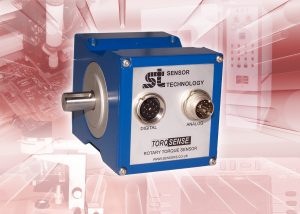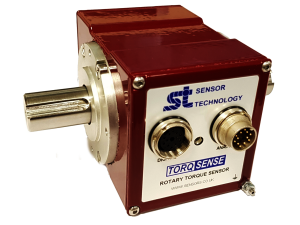Cold extrusion is playing an ever greater part in recycling of waste plastic, and the Department for Business and Enterprise is sponsoring research into development of the machinery necessary for such work.
 Engineers at Bradford University have built a pilot plant and are running a series of trials with different processes, feed plastics, additives, and final products. Leader of the project, Dr Raj Patel explains:
Engineers at Bradford University have built a pilot plant and are running a series of trials with different processes, feed plastics, additives, and final products. Leader of the project, Dr Raj Patel explains:
“We started out comparing cold extrusion and warm extrusion, in which the material is heated prior to processing, and quickly realised that cold extrusion was more suited to recycled plastic. Our process now is to granulate the recycled materials to a consistent size, mix in binders as appropriate to basically, glue the particulates back together, and cold extrude it into sheets or blocks.”
“The extrusion process is the critical stage, so we are monitoring many parameters relating to this.”
The single most important parameter is torque in the extruder drive. This indicates the force required to process the material and hence both the power requirements of the drive and the viscosity of the plastic. It is measured using a digital TorqSense torque sensor, which uses Surface Acoustic Wave techniques to provide a non-contact method of monitoring continuous rotary torque, allowing accurate modelling of the instantaneous load changes. It is in effect a frequency dependent strain gauge operating at ultrasound frequencies and consists of a transducer mounted on the mixer’s rotating shaft to monitor variations in its resonance frequency as the torsional load varies. An RF (radio frequency) link is used for wireless transmission of signals to an adjacent couple so that rotation is unhindered. It is manufactured by Sensor Technology in Bicester, Oxon, which developed the underlying principles into a practical technology and is now recognised globally as a leader in the field.
“With research work, there is an inordinate amount of dismantling and reassembling equipment,” says Patel. “This can be time consuming and therefore expensive, but TorqSense being non-contact does not need to be dismantled. It is also naturally robust, important in the laboratory and critical since it is likely to be used on the full scale plants that we will ultimately develop.”
Currently the project is sending its recycled plastic off to be made into acoustic baffles for use in new buildings. “This is a ready market, driven by new Building Regulations and the higher acoustic standards required for high density building.”
However it is not the only market open to Bradford’s recycled plastic. Their best results are indistinguishable form virgin plastic, so can be used in the most demanding applications, and there are many uses for the standard quality output.
The pilot plant is also being used to work on design and development of full scale plant, which will eventually be used at waste processing and recycling plants across the country.





